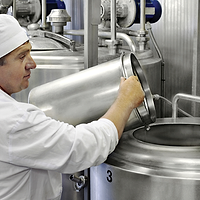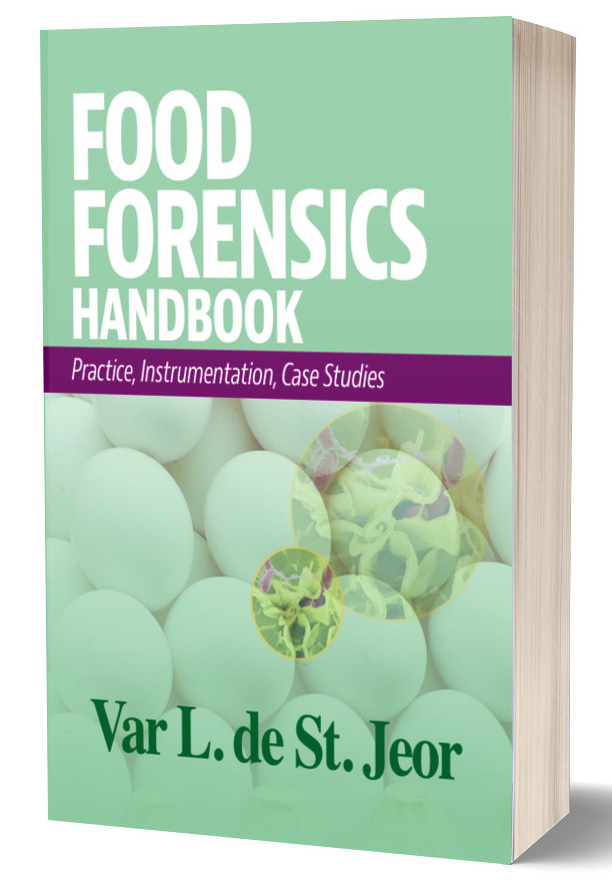SMU Researcher Develops Mini pH Sensor that Indicates Food Spoilage in Real Time

Credit: Ri_Ya via Pixabay
A graduate student at Southern Methodist University (SMU) has developed a miniature pH sensor that reveals when food has spoiled in real time.
The flexible pH sensor is only 2 millimeters (mm) in length and 10 mm wide, enabling the sensor to be incorporated into current food packaging methods. Traditional pH meters are much larger, at roughly 1 inch (in.) long and 5 in. tall, rendering them unsuitable for inclusion in food packaging.
Khengdauliu Chawang, the SMU Ph.D. student who developed the technology, explained that the pH sensors work similarly to wireless radio-frequency identification devices, such as those that are found in luggage tags to track checked bags at airports, or inside identification cards that can be scanned. Every time a food package with Chawang’s device passes a checkpoint—such as shipping logistics centers, harbors, gates, or supermarket entrances—the sensors could be scanned and send data back to a server tracking the product’s pH level. The technology would allow continuous pH monitoring and the accurate detection of freshness limits along the entire food supply chain.
Food freshness level is directly correlated to pH levels. Specifically, food with a higher-than-normal pH level indicate spoiled food because fungi and bacteria thrive in high-pH environments. Therefore, sudden pH changes in food storage during production and shipping can indicate possible food spoilage.
Using electrodes, Chawang’s device measures pH levels based on the concentration of hydrogen ions found in a substance or solution. Because hydrogen ions are electrically-charged molecules, the electrodes within the pH sensor can detect the electrical charge generated by the concentration of hydrogen ions inside food, converting the level to pH values using what is known as the Nernst Equation.
The pH sensor has successfully been tested on food items like fish, fruits, milk, and honey, with more tests currently underway. The technology is made with a small amount of biocompatible materials and is printed on flexible films. Producing the disposable sensors is inexpensive and does not require a semiconductor cleanroom environment.
The Institute of Electrical and Electronics Engineers' (IEEE's) Big Ideas competition at the 2022 IEEE Sensors Conference honored Chawang with the Best Women-Owned Business Pitch for her invention, which she built with the support of J.-C. Chiao, Ph.D., the Mary and Richard Templeton Centennial Chair and professor in the Lyle School’s Electrical and Computer Engineering Department at SMU.
Looking for a reprint of this article?
From high-res PDFs to custom plaques, order your copy today!






